
Green Mexico 2025
Supported by the Association of Corporate Counsel



Legal and HR director | PAN AMERICAN SILVER (MÉXICO)
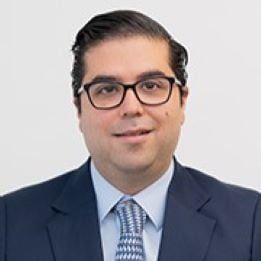

Vice president of governmental affairs and sustainability | ENGIE México


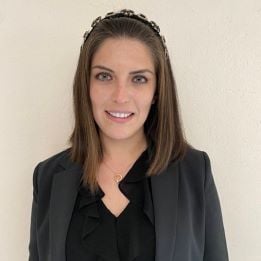
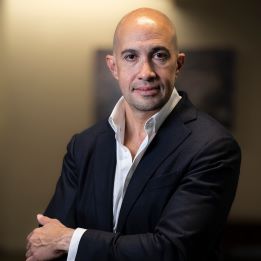
Chief general counsel | Impulsora del Desarrollo y el Empleo en América Latina (IDEAL)



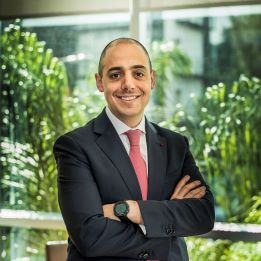
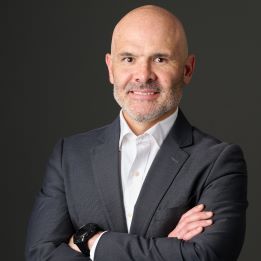
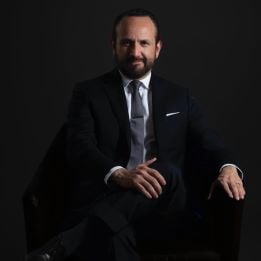

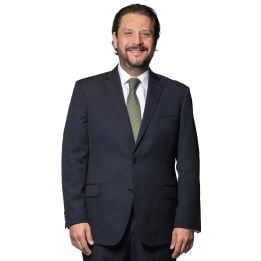

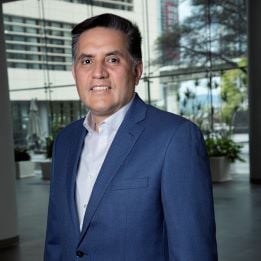
Executive director of legal and compliance | El Puerto de Liverpool


General counsel, ethics and compliance officer and DPO North Latam | Capgemini
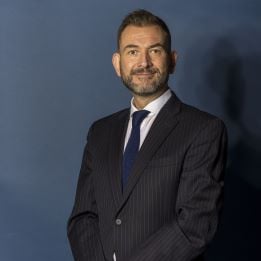
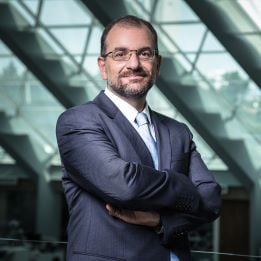
VP legal & sustainability, assistant general counsel | Element Fleet Management México
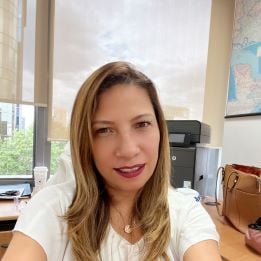


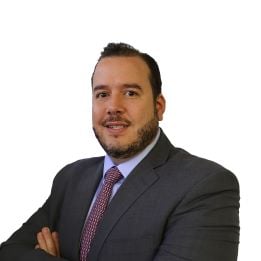
General counsel and head of compliance | Americas Mining Corporation (Grupo México Mining)
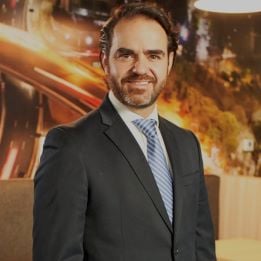
Global chief compliance officer | ALEATICA

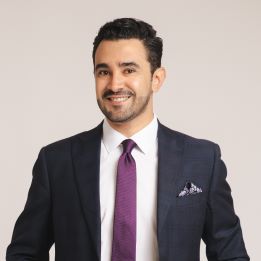
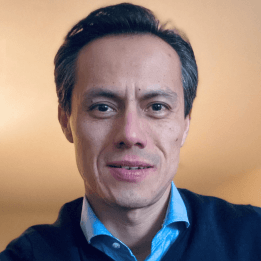

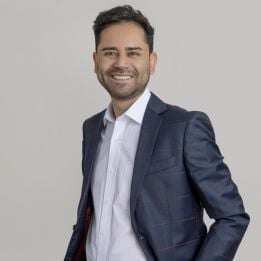


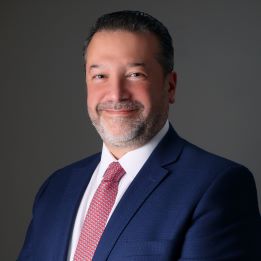
Head of legal and compliance officer | ATENTO México
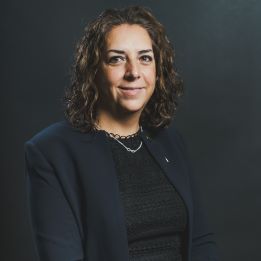




Legal and compliance director (general counsel, secretary of the board and compliance officer) | Holcim México

Head of legal and corporate affairs | FRISA






General counsel, compliance officer and secretary of the board | Westrock México

Global general counsel, corporate secretary & managing director - ESG & business affairs | Alpura









Senior director legal & compliance | Novo Nordisk, Organon, Fox Networks, Cadbury & Colgate Palmolive


General Counsel and chief legal officer | Aeromexico





Chief compliance and sustainability officer | IENTC Telecom



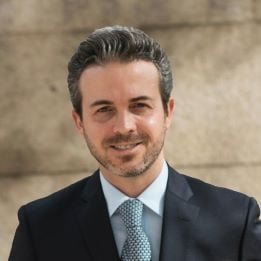

Corporate legal director of compliance and sustainability | Fundación Teletón México


Senior legal counsel | Cubico Sustainable Investments

Founder and president | Mexican Hydrogen, Storage & Sustainable Mobility Association (AMH2)


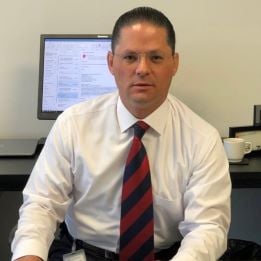
GC & chief compliance officer | Grupo Mexico - Infrastructure Division

Environmental initiatives program manager, Latin America | Apple

Director of public affairs, communications and sustainability | Arca Continental






Legal manager of electricity and hydrocarbon | Penoles Industries

Senior manager responsible sourcing and business integration | Target






Attorney specialist | Hewlett Packard Enterprise





Head of public affairs, communications and sustainability, Caribbean | The Coca-Cola Company







Chief legal and regulatory officer. general counsel. director relaciones gubernamentales | Ford México



Compliance and sustainability director | Cinepolis Corporation















It is with great pride that we present the Green Powerlist 2025 – Mexico, a special edition dedicated to recognising the in-house legal professionals who are driving meaningful change at the intersection of law, business, and sustainability.
This year’s honorees represent a new era of legal leadership—one that does not simply react to regulatory shifts but actively shapes them. As the global focus on environmental, social, and governance (ESG) issues intensifies, in-house counsel in Mexico are stepping into more strategic roles. They are navigating complex legal landscapes, embedding sustainability into corporate governance, and helping companies balance profitability with purpose.
From renewable energy expansion and green finance to circular economy initiatives and climate risk disclosure, the achievements of this year’s Powerlist members are as diverse as they are impactful. What unites them is a shared vision: that responsible business is not just good ethics, but good strategy.
This publication celebrates those visionaries—the general counsel, legal directors, and corporate legal teams—whose work is helping to future-proof their organizations and contribute to a more sustainable Mexico. Their leadership not only protects value; it creates it.
We congratulate all those recognised in this edition and thank them for inspiring the next generation of legal professionals to lead with conscience, creativity, and conviction.
Sincerely,
Margherita Birri, Research editor
Green Powerlist 2025 – Mexico
Legal 500 returned to Miami to celebrate the launch of the GC Powerlist: Miami 2026, hosted in partnership with Winston & Strawn. The event brought together leading in-house counsel from across the city for an evening recognising their work, leadership, and clear impact within their organisations.
Juan Azel, Chair of Winston & Strawn’s Fintech, Banking and Payments practice, opened the evening with remarks on the opportunities emerging from Miami’s economic growth.
He was followed by keynote speaker Nilo J. Barredo, Head of Legal, Wealth, Banking & Lending for the Americas and Director, Associate General Counsel at Citigroup, who shared perspectives on the evolution of Miami’s in-house ecosystem.
A reception followed, giving this year’s honourees the chance to connect with peers and exchange experiences.
Legal 500 extends its thanks to Winston & Strawn for supporting the recognition of Miami’s outstanding general counsel community, and congratulates all recognised general counsel on their achievements.